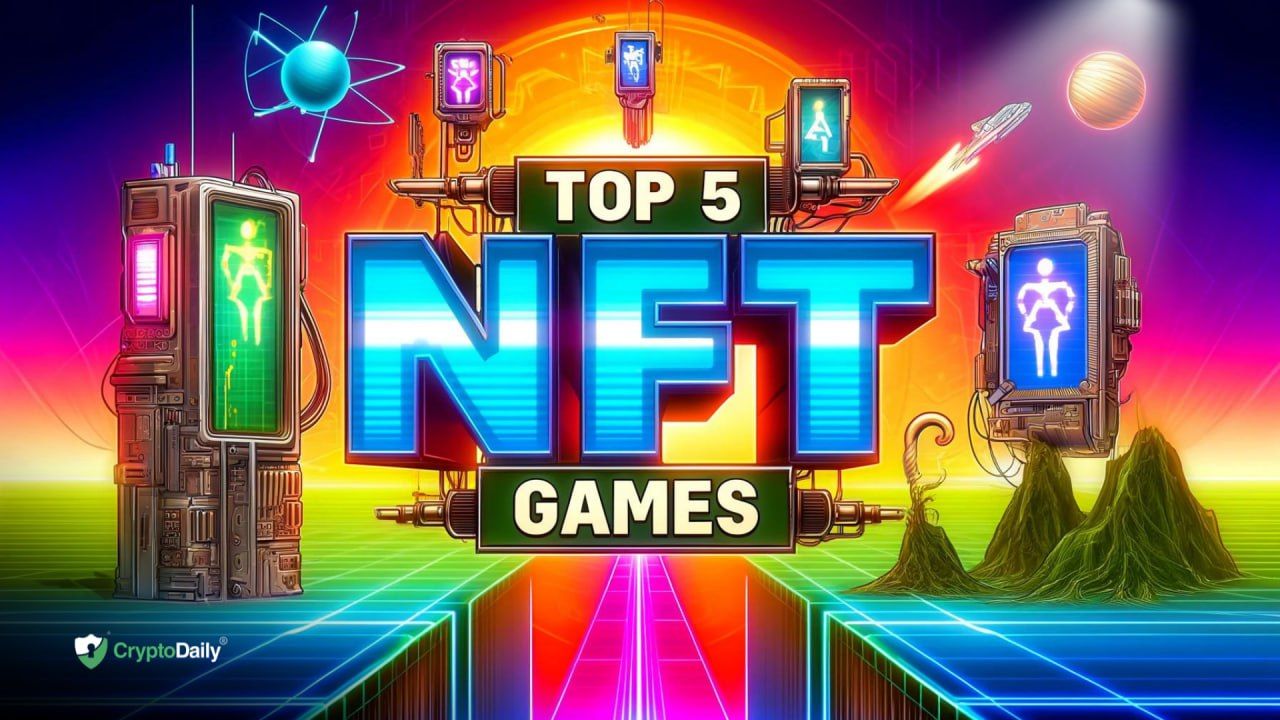Table of Contents
- The Blockchain Regulatory Certainty Act
- A Way Towards Regulatory Clarity?
- A Big Win For The US
- A Divided House
The United States House Financial Services Committee has cleared two key crypto regulatory bills that could finally provide much-needed regulatory clarity to the space in the US.
One of the bills cleared includes the Blockchain Regulatory Certainty Act, introduced by Majority Whip Tom Emmer back in March.
The Blockchain Regulatory Certainty Act
Majority Whip Tom Emmer introduced the Blockchain Regulatory Certainty Act. The bill states that blockchain developers and service providers that do not hold custody of user assets cannot be classified as money transmitters. The bipartisan bill is co-led by Representative Darren Soto. Emmer and Soto also serve as the co-Chairs of the Congressional Blockchain Caucus. Talking about the bill, Emmer had stated,
“Crypto and blockchain technology, by nature, does not easily fit into the frameworks policymakers have considered when crafting regulations in the past. For too long, federal regulators and lawmakers have jammed the blockchain ecosystem into statutory definitions that just do not make sense. It should be simple: If you don’t custody consumer funds, you aren’t a money transmitter. My bill provides that necessary confirmation for the blockchain community.”
Emmer also talked about how the delay in providing clarity for the crypto ecosystem in the United States risks driving the technology overseas at the cost of domestic users and investors. Emmer stated that the bill would go a long way in helping America become a leader in the crypto space.
“The longer we delay providing this commonsense clarification, the greater risk that this transformative technology is driven overseas, depriving domestic users and investors. This bill will help America remain a technological leader in the crypto space.”
As co-Chair of the Congressional Blockchain Caucus, Soto had also extended his support to the bill.
A Way Towards Regulatory Clarity?
Most US lawmakers voted in favor of Emmer’s Blockchain Regulatory Certainty Act and the Financial Innovation and Technology for the 21st Century Act. The House Financial Services Committee had approved the Financial Innovation and Technology for the 21st Century Act in a 35-15 vote. The bill aims to establish clear rules for crypto firms on registering with the Commodity Futures Trading Commission (CFTC) or the United States Securities and Exchange Commission (SEC), with the passage of the bill announced via Twitter.
“In a historic first, the House Financial Services Committee just advanced the BIPARTISAN FIT for the 21st Century Act to protect consumers and provide clear rules of the road for the digital asset ecosystem.”
The bill also provides a clear process for crypto firms to certify that their projects are adequately decentralized with the Securities and Exchange Commission. This would allow them to register their digital assets as a digital commodity with the CFTC. French Hill, a Republican Congressman who also served as the Vice Chairman of the House Financial Services Committee, stated that he was happy the bill passed with bipartisan support.
“We have crafted landmark legislation that establishes robust consumer protections and clear rules of the road for market participants while keeping innovation in the United States.”
A Big Win For The US
The bipartisan Blockchain Regulatory Certainty Act sets guidelines that remove excessive requirements for blockchain developers and service providers. Tom Emmer called the bill’s passing a “huge win” for the US, explaining that the bill clarifies what entities in the blockchain space come under the definition of “money transmitters.” Emmer added that if passed in the House of Representatives, the bill will help establish that if companies do not custody customer funds, they will not be classified as a money transmitter.
“BREAKING: My nonpartisan bill – the Blockchain Regulatory Certainty Act – just passed out of the @FinancialCmte. This is a huge win for the United States as we are one step closer to putting Americans in the driver’s seat in crafting the future peer-to-peer digital economy.”
A Divided House
Despite the passage of these crucial bills, there are considerable divisions among Republicans and Democrats when it comes to crypto. A third piece of legislation called the Digital Assets Market Structure Bill failed to pass, with several Republicans and Democrats refusing to support the bill. Maxine Waters, a Democratic Representative, was extremely critical of the bill, accusing it of ignoring regulatory guidance from the Securities and Exchange Commission and furthering the interests of the crypto space while failing to adhere to clear guidelines.
“As I have said before, we don’t need to invent new regulatory structures simply because crypto companies refuse to follow rules of the road. Our securities laws have protected investors and retirees for 90 years while supporting capital formation and facilitating innovation.”
Disclaimer: This article is provided for informational purposes only. It is not offered or intended to be used as legal, tax, investment, financial, or other advice.
Investment Disclaimer










